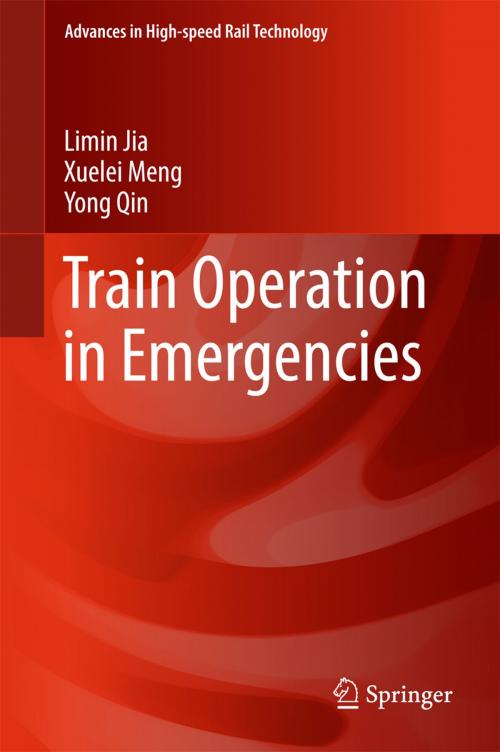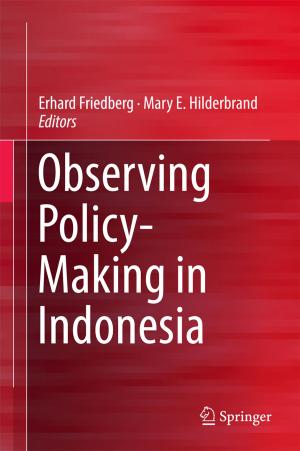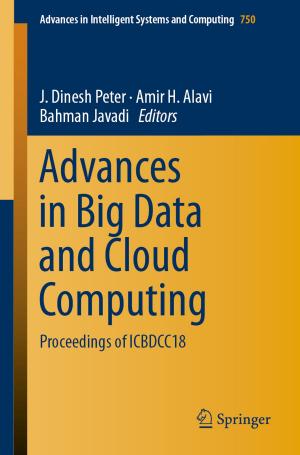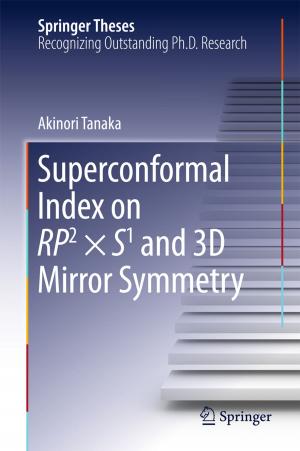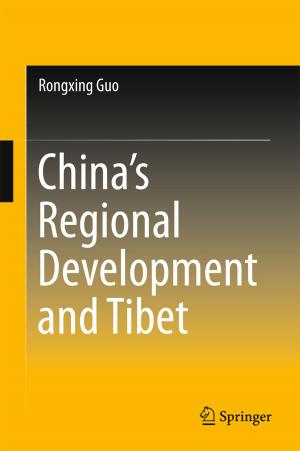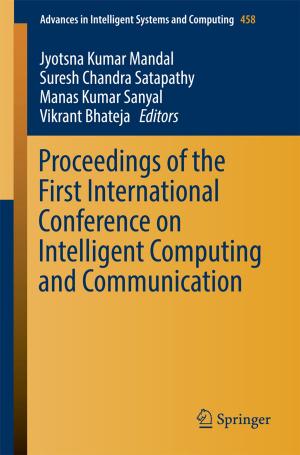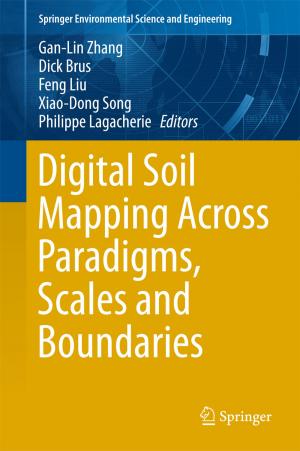Train Operation in Emergencies
Nonfiction, Science & Nature, Mathematics, Applied, Technology, Engineering, Civil| Author: | Limin Jia, Xuelei Meng, Yong Qin | ISBN: | 9789811045974 |
| Publisher: | Springer Singapore | Publication: | May 10, 2017 |
| Imprint: | Springer | Language: | English |
| Author: | Limin Jia, Xuelei Meng, Yong Qin |
| ISBN: | 9789811045974 |
| Publisher: | Springer Singapore |
| Publication: | May 10, 2017 |
| Imprint: | Springer |
| Language: | English |
This book presents the latest findings on train operation theories and methods in the context of emergencies. It examines and assesses a range of aspects—including the definition of a railway emergency, transport organization modes in emergencies, calculating railway transport capacity in emergencies, line planning in emergencies, train re-pathing in emergencies and train re-scheduling in emergencies—that are urgently needed in the railway transportation field, which faces the serious challenge of dealing with emergencies worldwide. The book highlights the latest research results in an integrated and systematic way, and the methodology presented is oriented on real-world problems, allowing it to be used not only directly in railway operational management, but also as the point of departure for further applications or theoretical research. As such, the book will be of considerable interest to graduate students and researchers in the field of traffic and transportation engineering.>
This book presents the latest findings on train operation theories and methods in the context of emergencies. It examines and assesses a range of aspects—including the definition of a railway emergency, transport organization modes in emergencies, calculating railway transport capacity in emergencies, line planning in emergencies, train re-pathing in emergencies and train re-scheduling in emergencies—that are urgently needed in the railway transportation field, which faces the serious challenge of dealing with emergencies worldwide. The book highlights the latest research results in an integrated and systematic way, and the methodology presented is oriented on real-world problems, allowing it to be used not only directly in railway operational management, but also as the point of departure for further applications or theoretical research. As such, the book will be of considerable interest to graduate students and researchers in the field of traffic and transportation engineering.>
